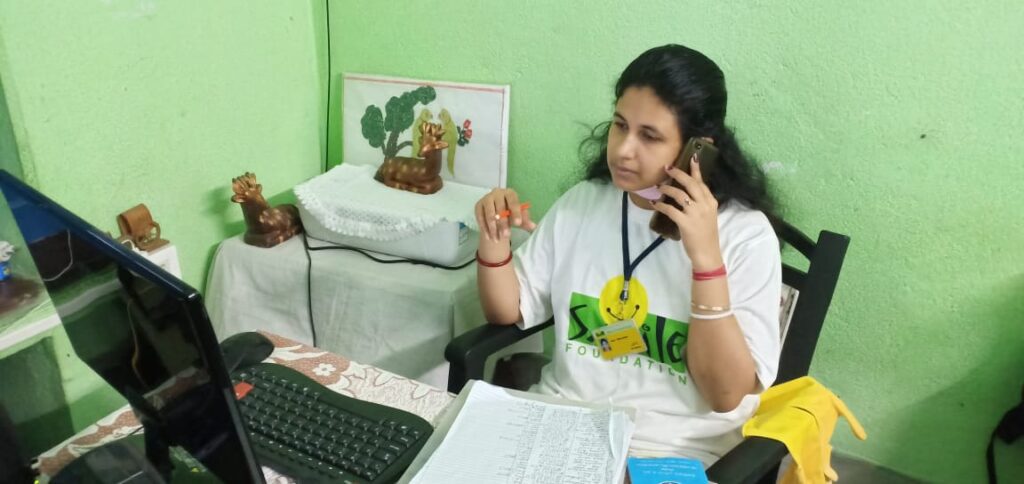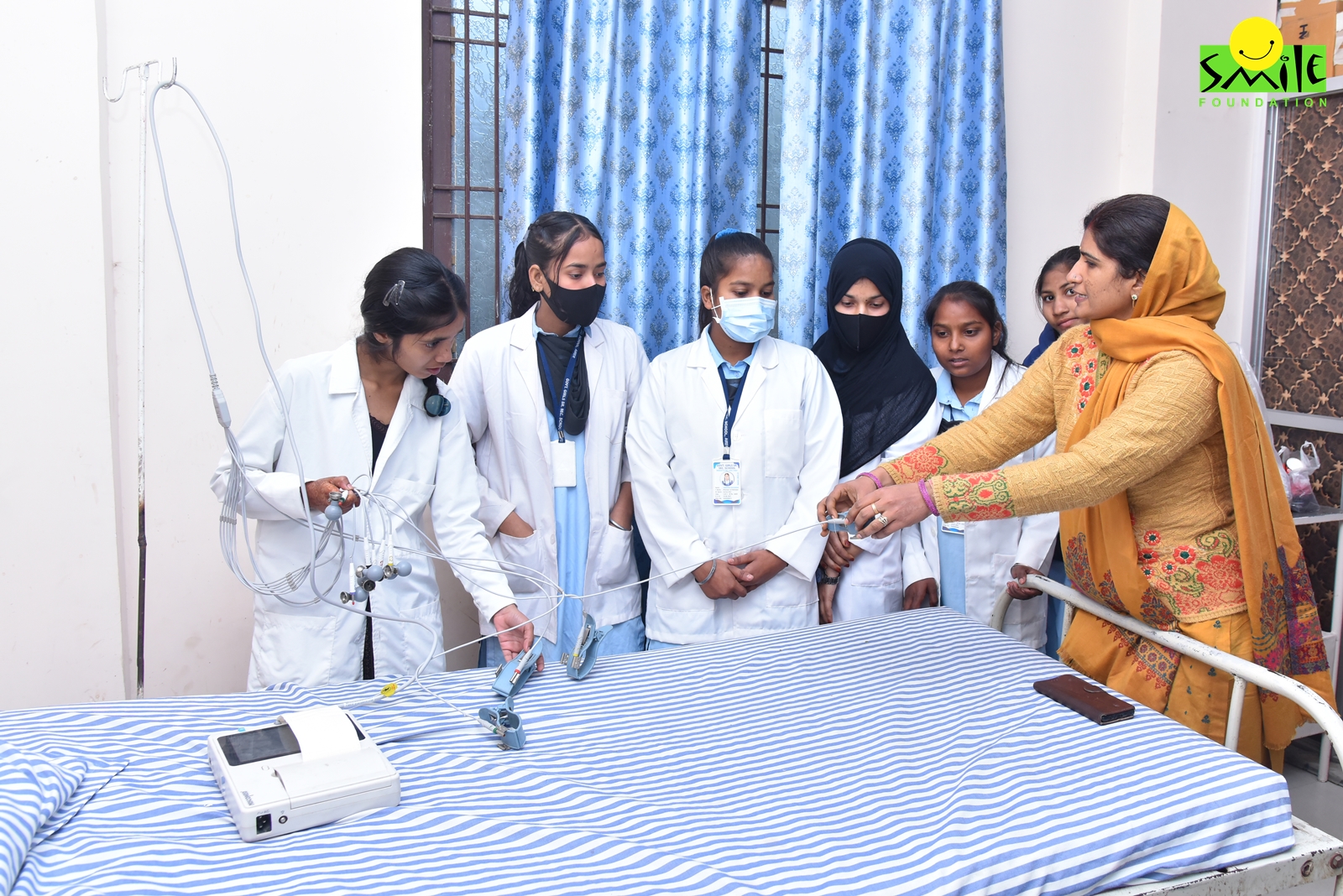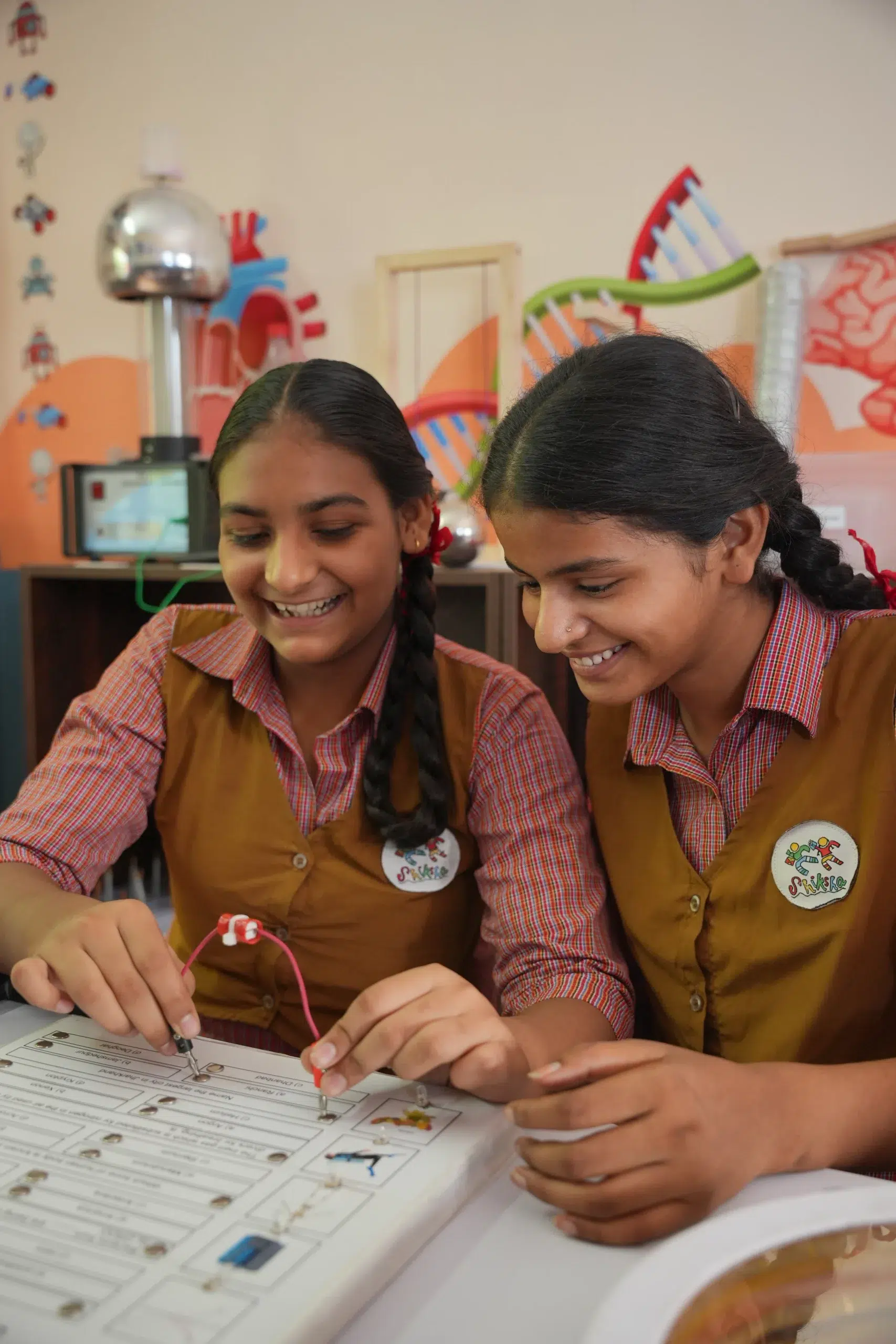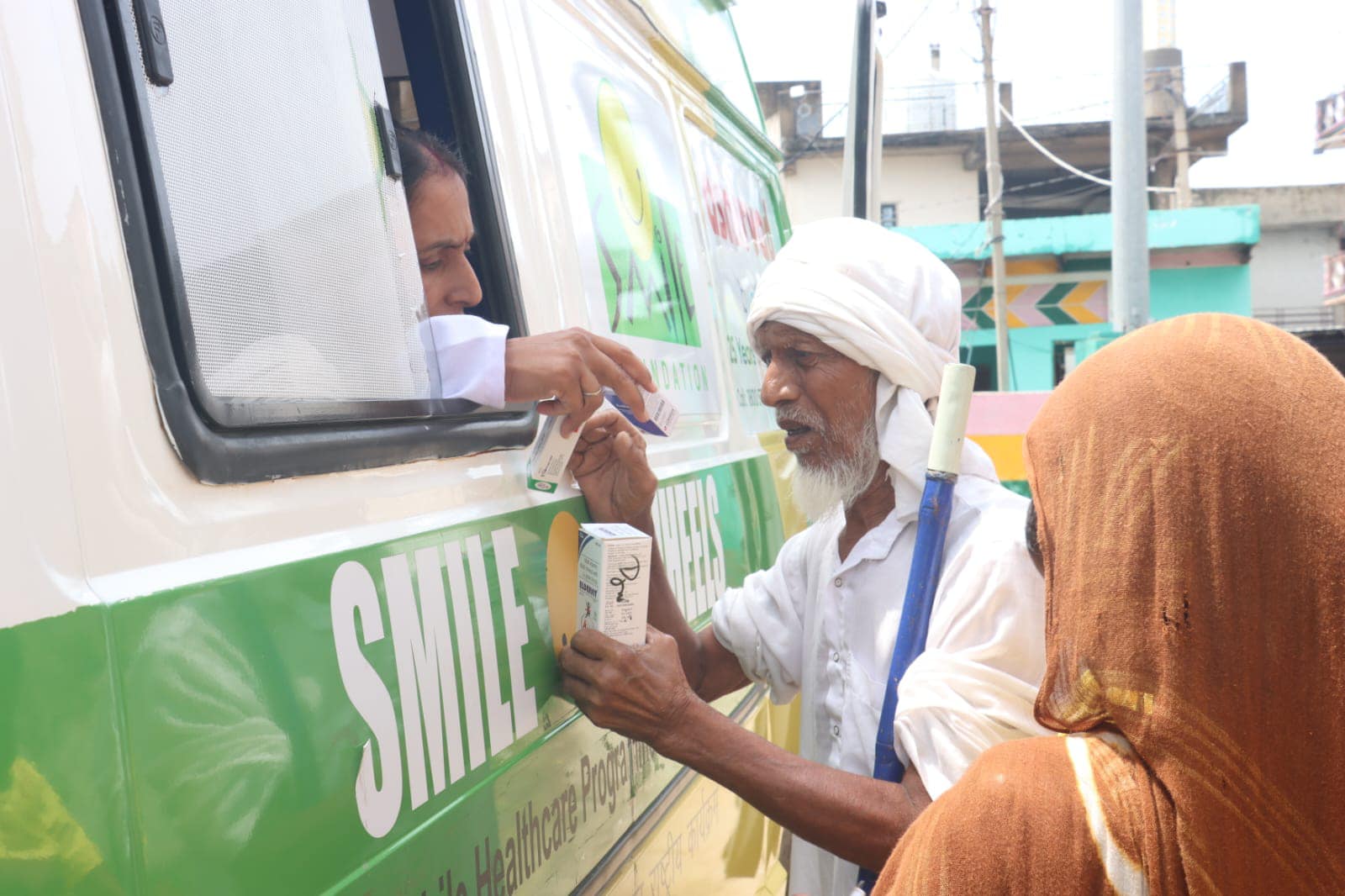There is a famous adage “Man learns little from success, but much from failure”, it stands true, as every country is struggling in terms of insufficiency of current systems like health-care, to tackle the coronavirus epidemic and its aftermath effectively. With thousands around the world succumbing each day to the effects of the virus, the limitations of our healthcare system stand exposed. The analogue system that we took pride in will have to be replaced with the digital system as doctors complain how the pervasiveness of COVID-19 has clearly outpaced their ability to test, track and quarantine the people with symptoms of the disease. The age-old schooling system to teach students has gone for a toss while businesses are struggling to revamp their work processes to continue functioning as before.
Inducing Digitization in Healthcare
To counter the rapid spread of the disease, many private health-care companies have adopted digital solutions while deciding their next course of action through remote videoconferencing. However, this is limited to a few as many hospitals and clinics still rely on in-house visits and continue to operate from behind the brick-and-mortar walls. Availability of hospital beds is gradually dwindling, which has left the doctors to decide between hospital admission and home quarantine. The difficult choice between risking suppressed patients by exposing them to COVID-19 and suspending the much-needed care has called for an urgent transformation of our health-care delivery systems through digital technologies.
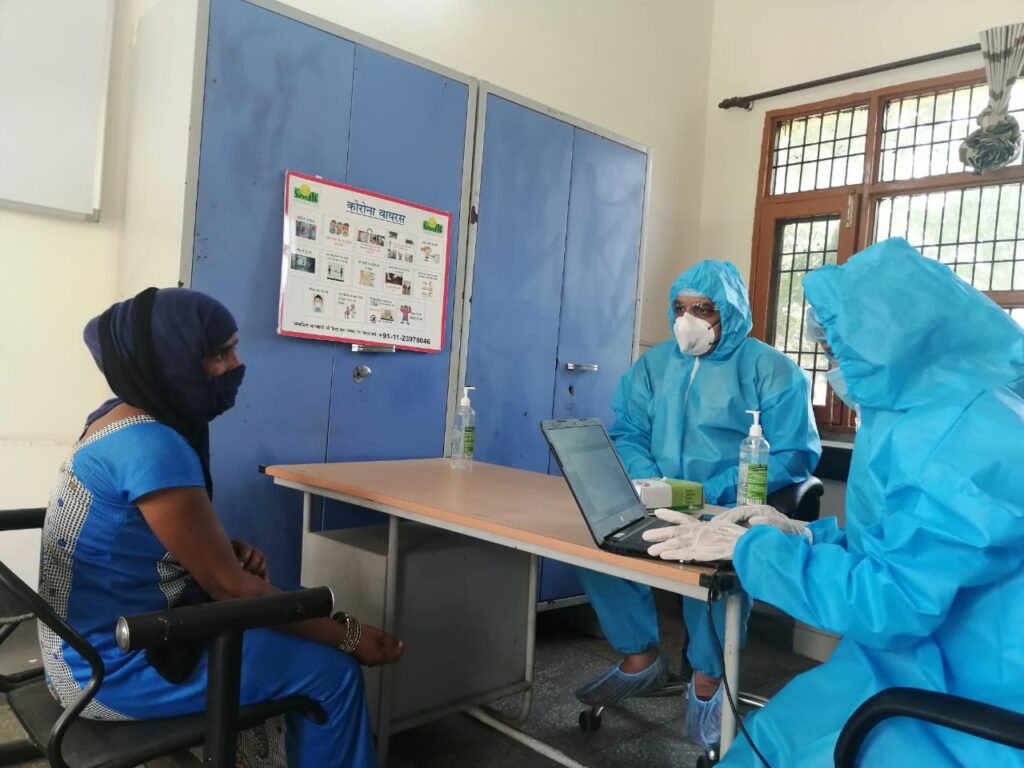
Though experts have talked about telemedicine in the past, disinclination towards the same had led to poor market penetration. The time has come to include essentially a digital imprint on all our health recovery strategic plans while finding a solution to factors that limit the execution of digital strategies in a country’s health-care system. Following ZERO CONTACT policy, Smile Foundation has launched a completely telephonic and digital Health Awareness Initiative, Baaton Baaton Mein Sehat to reach 200,000 children and families across 18 states of India. A team of medical experts and counselors from Smile Foundation are providing online medical assistance and tele counselling on queries about COVID 19, its precautions and the need for social distancing.
Online Movement in Education
The closing down of schools due to the mandated lockdown has not dampened students’ enthusiasm to learn more. Online learning platforms have replaced the blackboard teaching method. Since the announcement of the lockdown, Edtech companies have announced free live classes on their apps, thus, allowing more students to benefit from their online products. Collaboration tools developed by both indigenous and foreign companies to allow unlimited video conferencing time between teachers and students along with smart calendar scheduling are other benefits that bolster current education tools, thus, supporting the distance learning process. Across the world, media houses are offering curriculum-based learning for kids that help them cover a part of the content before the school reopens post the lockdown period.
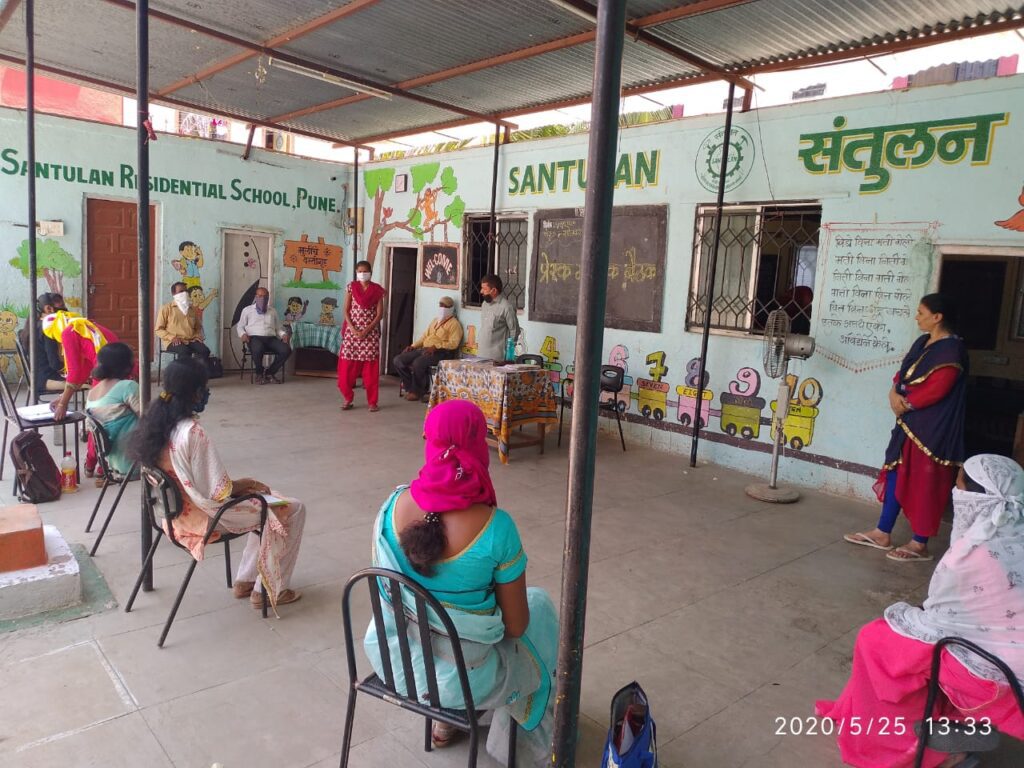
Smile Foundation through its programme Mission Education is conducting online classes for children during the lockdown and is also training teachers on conducting such classes to help children keep up with their studies.
‘Work from Home’ Opportunities will Surge
The pandemic has had a determining effect on how businesses are run. With offices forced to shut down and employees feeling compelled to work online from their homes, companies may review the benefits of having a virtual workforce in place though following the COVID-19 pandemic, some work activities are expected to resume as per their original plans. However, given the corporate flexibility that people have experienced working from the comfort of their homes and the resulting increase in productivity levels, people will get more freedom to work from home than spending time on their daily commute to and from their offices. Also, for employees going back to their workplaces, temperature checks and social distancing will be the new norm. Conference rooms, video studios and meeting spaces will be larger. The lack of human touch during social interactions will lead people to appreciate and value community interactions, thus, making way for increased creativity and innovation.



